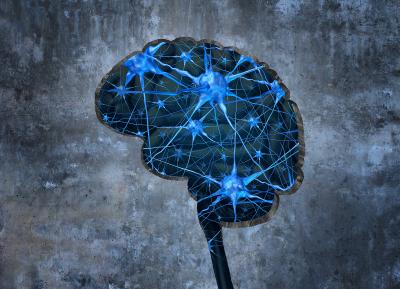Addiction significantly alters the brain’s structure and function, affecting regions involved in reward, stress, and self-control. Understanding these changes can illuminate why willpower alone is often insufficient for sustaining recovery from addiction. Here’s an in-depth look at how addiction changes the brain and the challenges it presents for recovery.
Changes in the Reward System
Substances or addictive behaviors can cause the brain’s reward system to release an unusually high amount of dopamine — a dopamine surge.
Dopamine is a neurotransmitter associated with pleasure and motivation. Over time, the brain becomes reliant on the addictive substance to trigger dopamine release.

With regular use, the brain adapts to excessive dopamine levels by producing less dopamine or reducing the number of dopamine receptors. This adaptation — tolerance development — leads to decreased pleasure from the substance and other previously enjoyable activities, compelling the individual to use more of the substance to achieve the same dopamine high.
Increased Stress Response
Addiction can make the brain’s stress systems more sensitive — referred to as altered stress circuits — leading to increased feelings of stress or anxiety when not using the substance. This heightened stress response can make quitting the substance even more difficult, as individuals may use the substance as a way to self-medicate these uncomfortable feelings.
Impaired Decision Making and Self-Control
The prefrontal cortex, responsible for decision-making, impulse control, and self-regulation, is often impaired in addiction. This impairment undermines an individual’s ability to resist urges, make healthy decisions, and adhere to long-term goals related to recovery.
Over time, the act of seeking and using the substance becomes compulsive, meaning it persists despite adverse consequences. This compulsion is partly due to changes in the brain circuits involved in executive function, which reduce the ability to control behavior.
Why Willpower May Not Be Sufficient
The changes in the brain caused by addiction are biological and can profoundly affect an individual’s behavior and choices. Willpower, while important, may not be enough to overcome these powerful changes.
Environmental cues and stressors can trigger cravings and relapse, often overpowering an individual’s conscious effort to stay away from the substance.
Effective recovery often requires a comprehensive approach that can include “rewiring” affected areas of the brain, counseling, support groups, and addressing underlying mental health issues. Addressing the biological aspects of addiction, psychological factors, and social influences, all contribute to sustained recovery.
Take the next step
Recovery from addiction is not merely a matter of willpower. The profound changes that addiction triggers in the brain make it a complex condition that requires a holistic approach in treatment.



